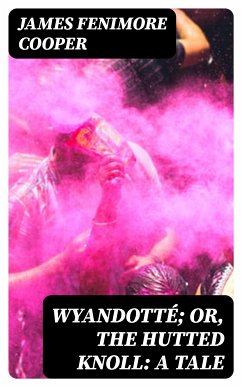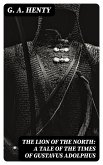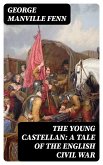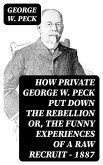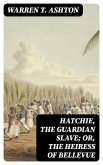In "Wyandotté; Or, The Hutted Knoll: A Tale," James Fenimore Cooper crafts an intricate narrative that intertwines themes of identity, conflict, and the complexities of frontier life. Set against the backdrop of the early American wilderness, the novel delves into the interactions between Native Americans and European settlers, exploring cultural tensions and personal relationships through a keenly observed lens. Cooper's prose is characterized by its vivid descriptions and nuanced characterizations, reflecting the Romantic literary style of the era, while also addressing the sociopolitical climate of early 19th-century America, marked by westward expansion and colonialism. James Fenimore Cooper, a prominent figure in early American literature, was shaped by his own experiences on the frontier and his profound interest in American identity. Born in 1789 in Burlington, New Jersey, Cooper's upbringing on the edge of the wilderness influenced his portrayal of the American experience, allowing him to navigate complex themes with both authenticity and insight. His encounters with Native American cultures and frontier society illuminated the conflicts he frequently depicted in his works, including this novel. "Wyandotté" is a compelling exploration of humanity's struggle for understanding amidst societal upheaval. Readers interested in American history, cultural interactions, or the intricacies of human relationships will find this narrative both enlightening and thought-provoking. Cooper's work remains a crucial part of the American literary canon, deserving of exploration for its rich themes and historical context.
Dieser Download kann aus rechtlichen Gründen nur mit Rechnungsadresse in A, B, BG, CY, CZ, D, DK, EW, E, FIN, F, GR, H, IRL, I, LT, L, LR, M, NL, PL, P, R, S, SLO, SK ausgeliefert werden.

